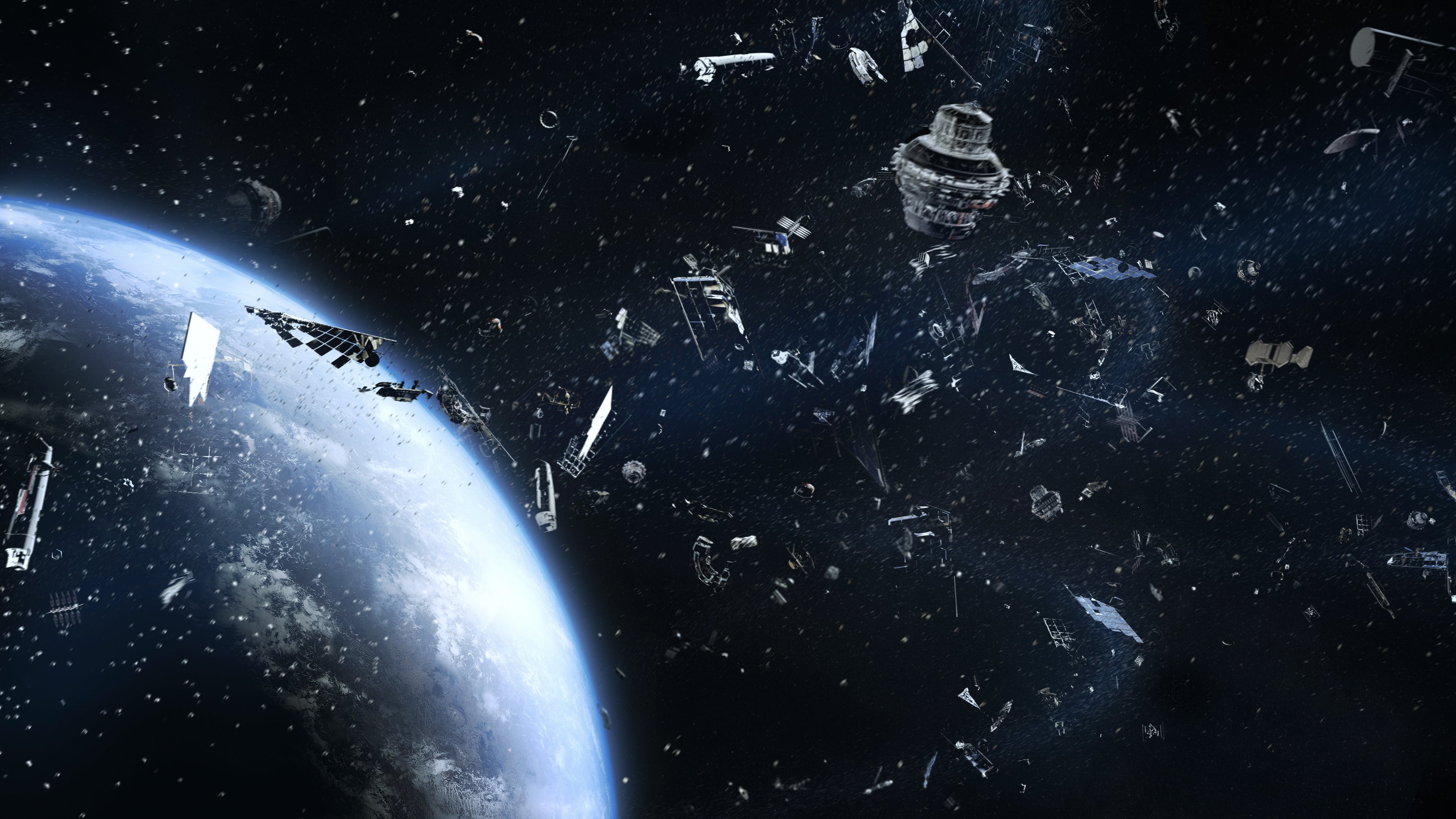Micrometeorite smashes into satellite and causes seven-hour Australian internet outage
‘This kind of outage deserves the classification of being unprecedented,’ said NBN Co chief officer Gavin Williams

A micrometeorite colliding with a satellite caused a seven-hour internet outage for people in Australia.
A Senate hearing was told that approximately 46,500 NBN Co customers were left without internet on 21 December.
“It cannot be 100% characterised as this but all the evidence points to a micrometeorite that impacted the satellite,” NBN Co’s chief development officer Gavin Williams said.
“It effectively makes [the] satellite’s body rotate while it remains in its orbit. So the satellite is no longer pointing at the appropriate spot on Earth [and] the payload – the transmission system on that satellite – is effectively switched off for that period.”
The satellite was able to recover itself, but testing to restart the service took seven hours. Nearly 600 customers went two weeks without an internet connection following the crash.
Internet boxes in customers’ homes were missing parameters in the configuration file so they could not reconnect to the network. “There was a course of action three times a day updates … but it took quite a long time actually to delve into what was wrong and how you could recover,” Mr Williams said.
He added that this was the first time such an event was happened, and that “this kind of outage deserves the classification of being unprecedented.”
The increasing number of satellites in space is a cause of grave concern because of the development of megaconstellations and the build-up of space debris.
Nasa recently warned that SpaceX Starlink megaconstellation – which also provides internet service – could be involved in a collision in Earth’s orbit.
The space agency told the FCC that it was concerned about “the potential for a significant increase in the frequency of conjunction events and possible impacts to Nasa’s science and human spaceflight missions".
There are currently 25,000 total objects in orbit around the Earth, with over 6,000 of them below 600 kilometres.
Should enough pieces collide, an infamous 1978 study by Nasa scientist Donald Kessler warned that the domino effect could be so catastrophic that it may create an impenetrable layer of debris that would make terrestrial space launches impossible – essentially trapping us on Earth.
Join our commenting forum
Join thought-provoking conversations, follow other Independent readers and see their replies
Comments
Bookmark popover
Removed from bookmarks